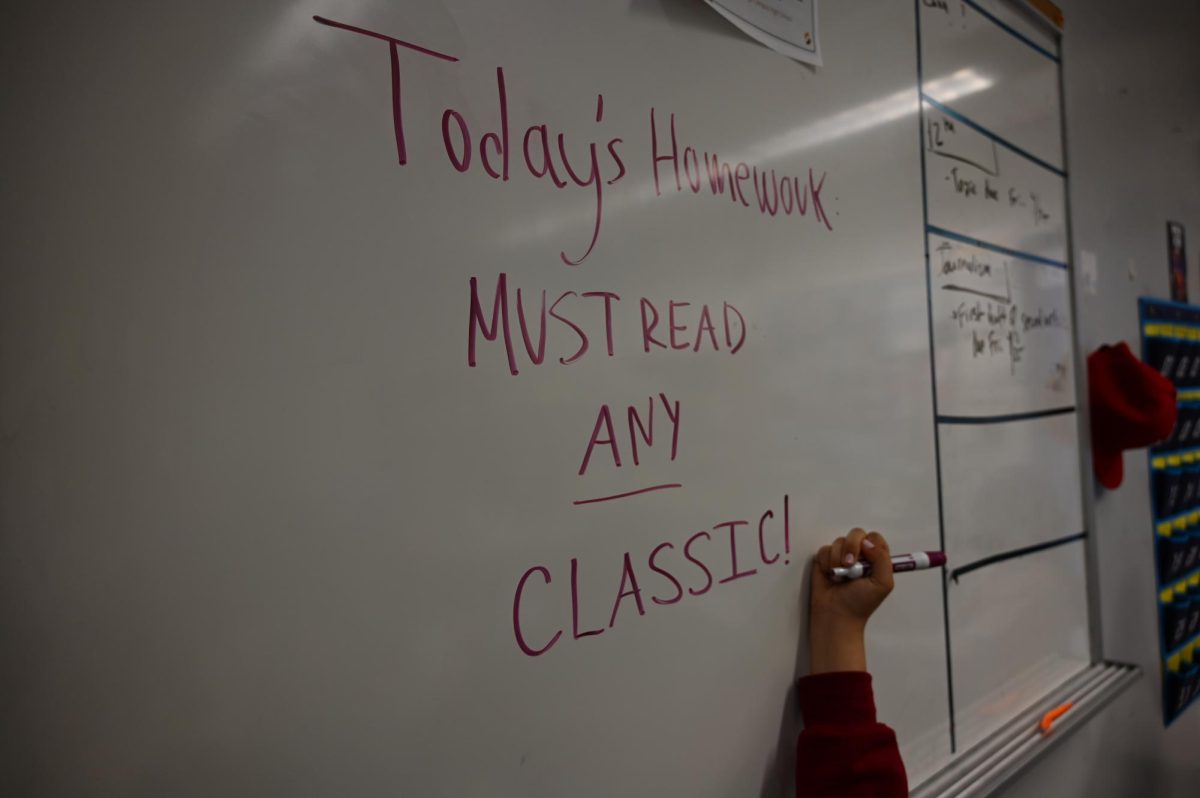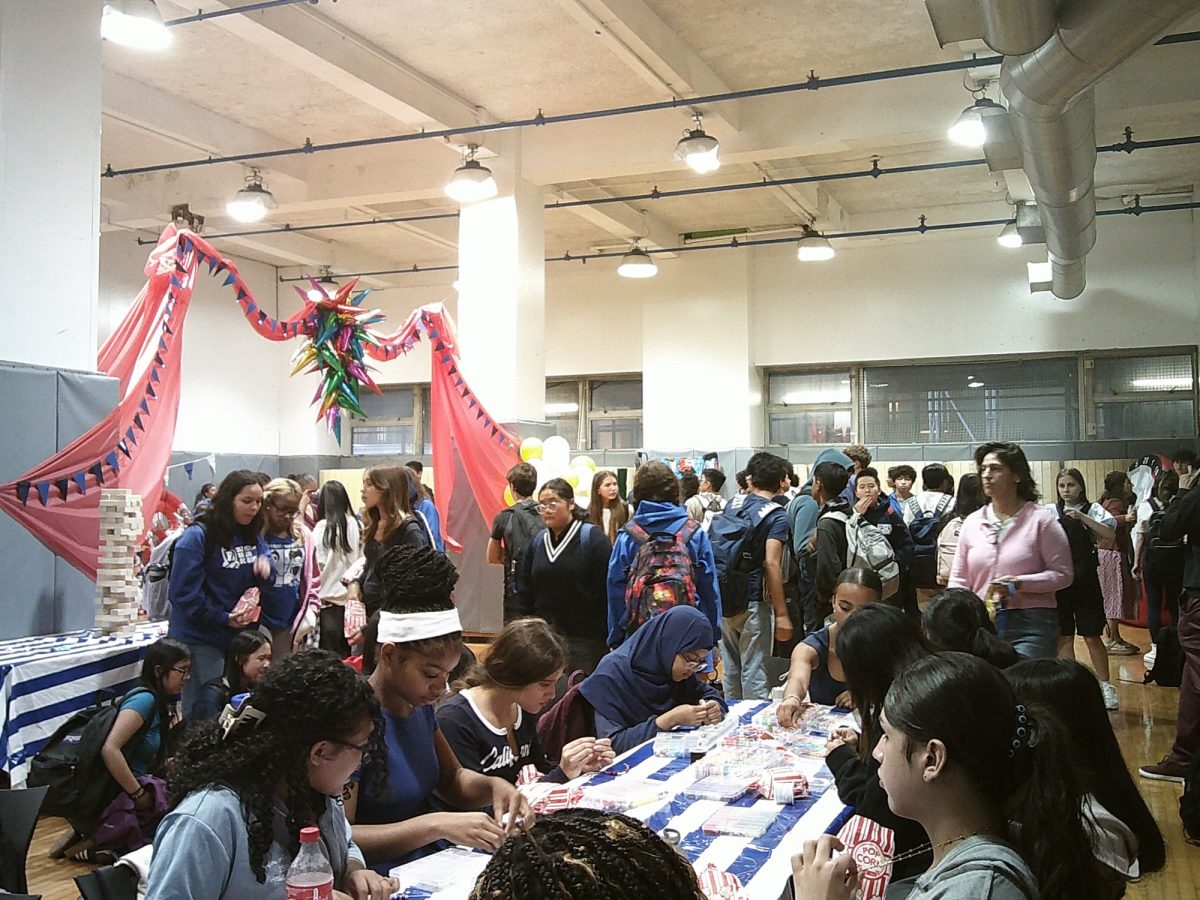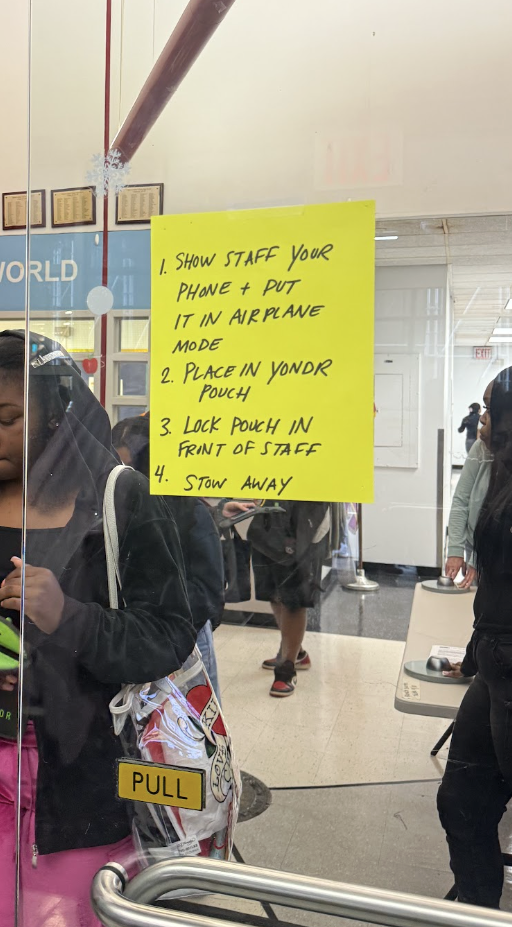The constant struggle of academics affects both students and teachers, leading to discussions of the fabled four-day school week. When the weekend comes, students and teachers alike may wonder “what if I was given one more day?” While the common public opinion seems to be in favor of a decrease in days spent in school, it is important to consider the unforeseen drawbacks of such a drastic change.
Baruchians had some insights on the idea of a minimized school week–an idea that was met with a mix of approval and disapproval.
At Baruch, there are a wide spectrum of opinions regarding the potential change that could hit the streets of New York.
Junior Gabriel Rodriguez shares his positive approach to the topic. “I think four-day weeks could be really effective for my personal work schedule because I could get through my assignments quicker with the free day and study up for my SAT in March,” said Rodriguez.
Rodriguez is quite the academic standout, taking at least three SATs this school year, his stance on the topic may be the perspective for many Baruchians thinking about shaking up the work week.
However, Luca Timoll, a junior, had a staggering claim on the topic as he said, “In my opinion, it makes more sense to be in the building for five days and use the weekend to recuperate and finish up whatever you need to before Monday. It’s always been a system that caters to my interests and I intend to keep it that way.”
Here, Timoll makes a great point, talking about how slicing a day off the beginning, middle or end of the week could possibly change a routine students have grown accustomed to, allowing for unnecessary laziness and lack of coordination to seep into the daily lives of high school students and staff alike.
There has been an implementation of the four day week in Texas. As it turns out, a handful of benefits have emerged.
An article published by CHRON took a look at over 100 school districts throughout the Texas area that are switching to a four-day school week.
“The district anticipates several benefits from the new schedule, including teacher recruitment and retention, increased student engagement, and enhanced work-life balance for both staff and students,” said Brammhi Balarajan for CHRON.
In addition to this “James Hill, the superintendent of Ponder ISD [an institute of education in Texas], said he hopes the shift will attract a wider candidate pool of teachers for the district, citing a shortage of teachers. Hill said the district’s current shortfall stems from it not being able to afford to pay as much as larger school districts, and a decline in teachers in Texas overall,” said Balarajan.
With only four days on the working schedule, teachers flock toward the working opportunity, resolving issues that Ponder ISD faced with unemployment.
Of course the idea of a “shortened school week” can be appealing to students and staff alike, but it is equally if not more essential to understand the reasoning behind these decisions, which in most cases are quite exclusive and conditional, therefore irresponsible to implement within common schooling grounds.
Ultimately, the decision to adopt a four-day school week must be carefully considered, weighing the short-term benefits against the long-term impact on students’ education. As schools across the country continue to experiment with alternative schedules, one question remains: is convenience worth the potential academic cost?














